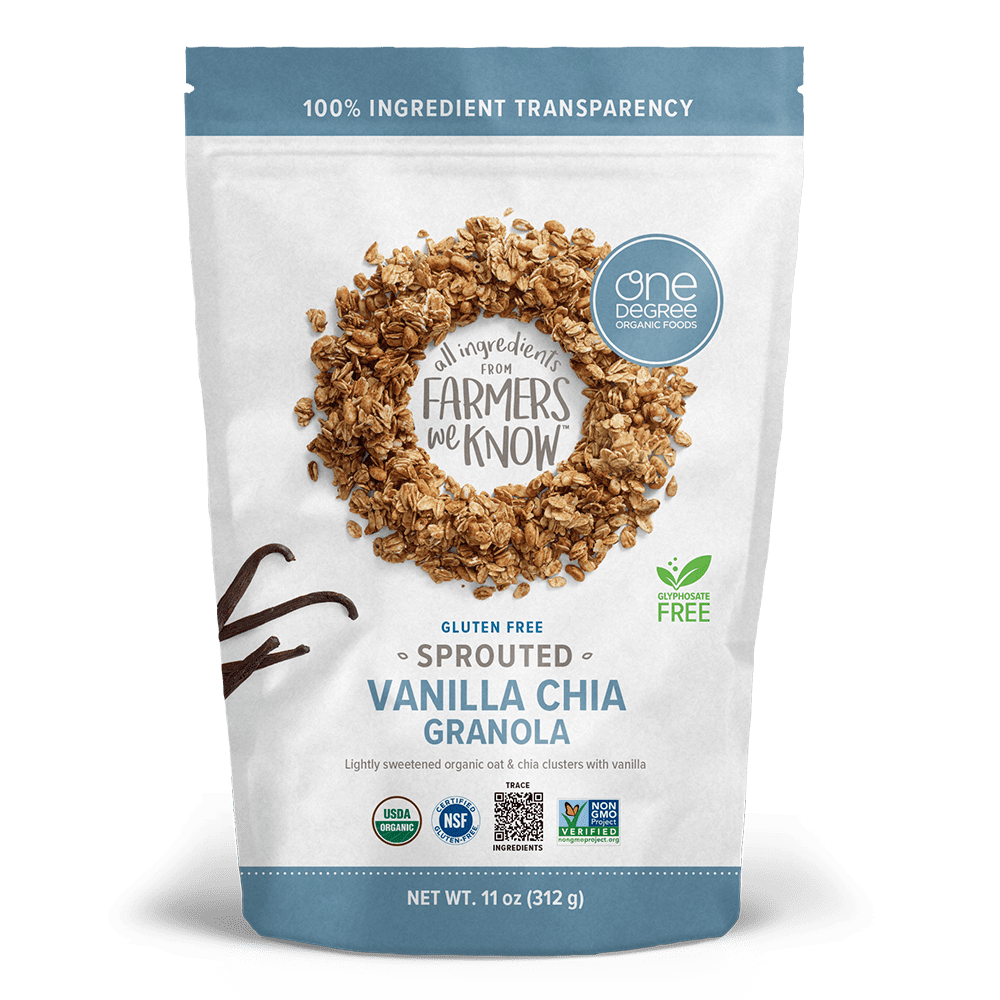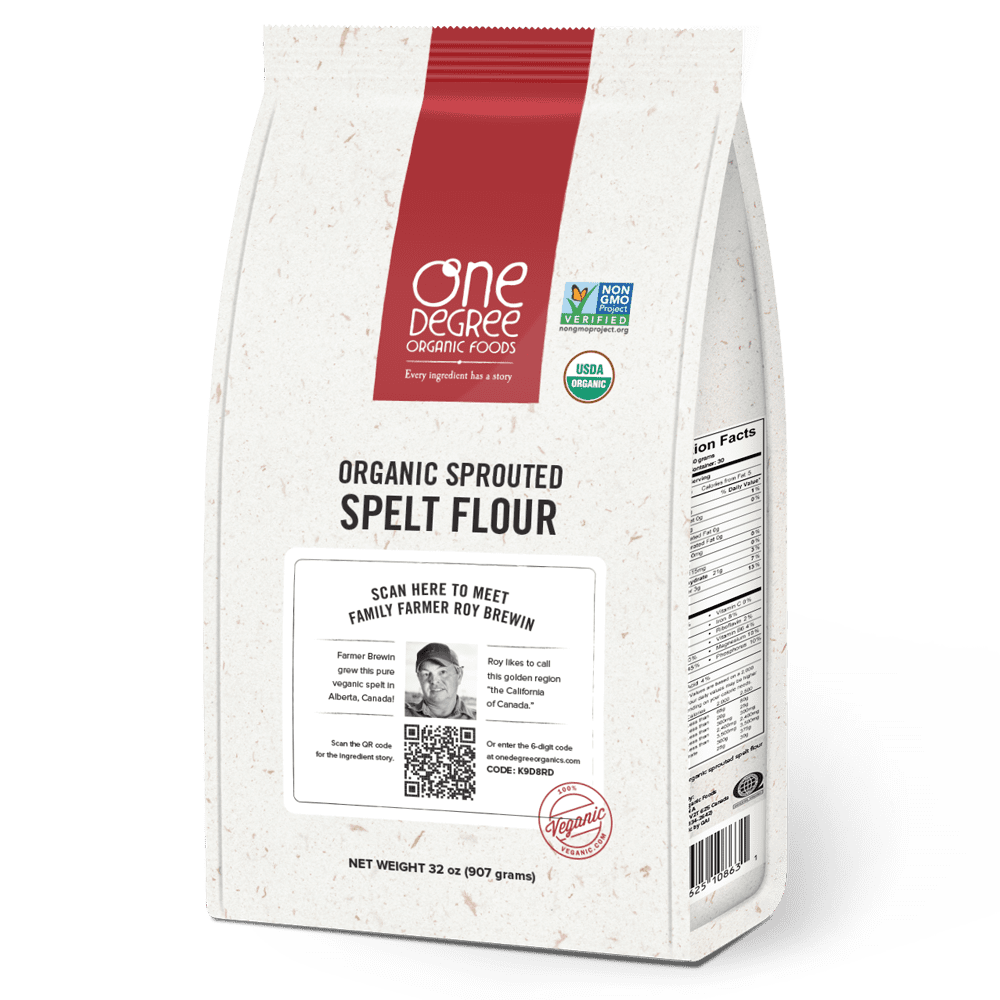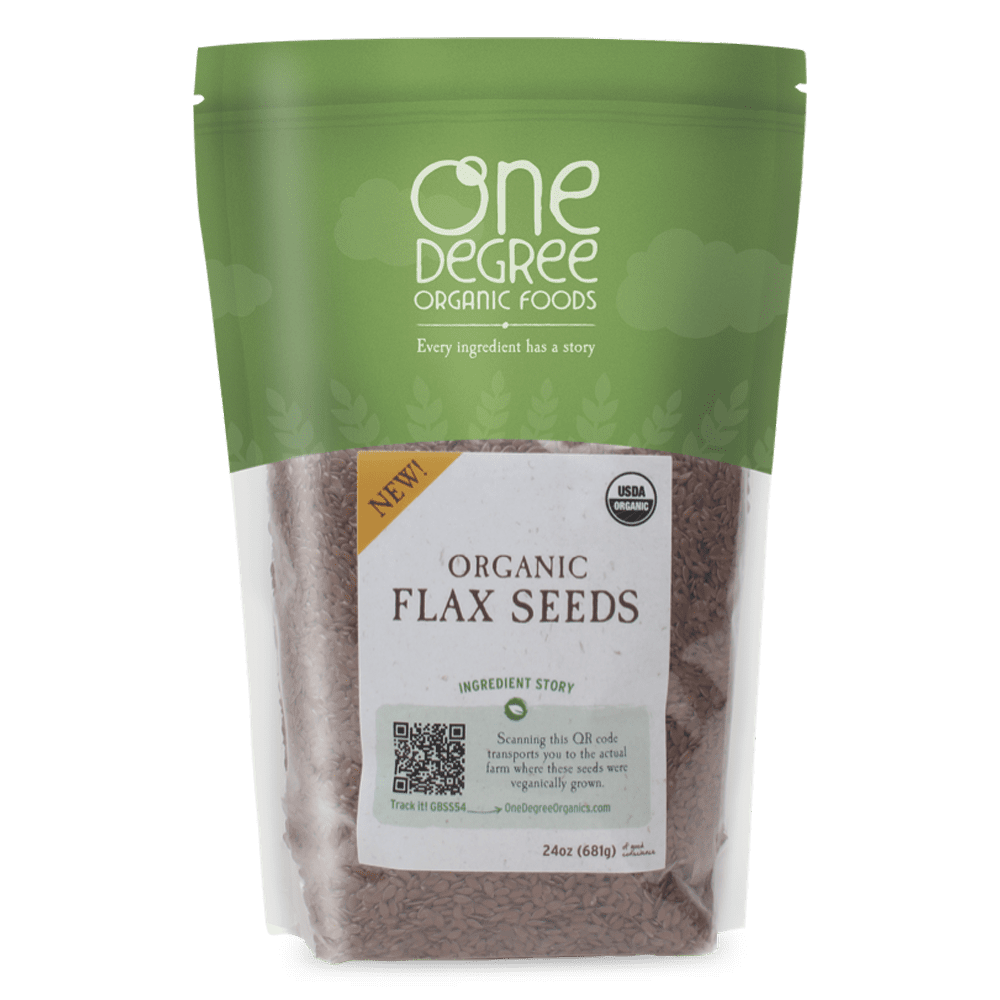Cinnamon
Tripper
Cinnamon’s journey through the centuries, from the ancient spice of scripture to the scannable ingredient on your cereal box, is a story of trajectories.
With a subtle shift in wind direction on the day Dutch schooners ventured into open seas, the great cinnamon plantations of Ceylon and Indonesia might never have been built. Without the many relentless climbs to the peak of Indonesia’s tallest volcano by native farmers, one of the world’s purest cinnamon groves could never have been sustainably harvested. And with a single unlucky turn on a country road during a nighttime downpour in Sumatra, One Degree may never have learned of a remarkable cinnamon farmer called Tjap.
Time would have moved on, and breakfast would never have been the same.
Tjap is the nickname of Bapak (Mr.) Syafrizal Nurdin, the proud Sumatran farmer who continues a family tradition of cultivating cinnamon at the upper elevations of Mt. Kerinci and in the deep-green forests below. This active volcano is mercurial, erupting as recently as 2009, and jealous to share the treasure it cloaks with incensory mists gathered beneath its peak. For generations the only real access was via a footpath that wound toward the distant cinnamon forest on 45-degree slopes. In recent years the path has been widened, allowing workers to transport the cinnamon bark on motorcycles outfitted with heavy tire chains. But the trek up and down the mountain is still so punishing that workers will often stay overnight on Mt. Kerinci to complete a harvest.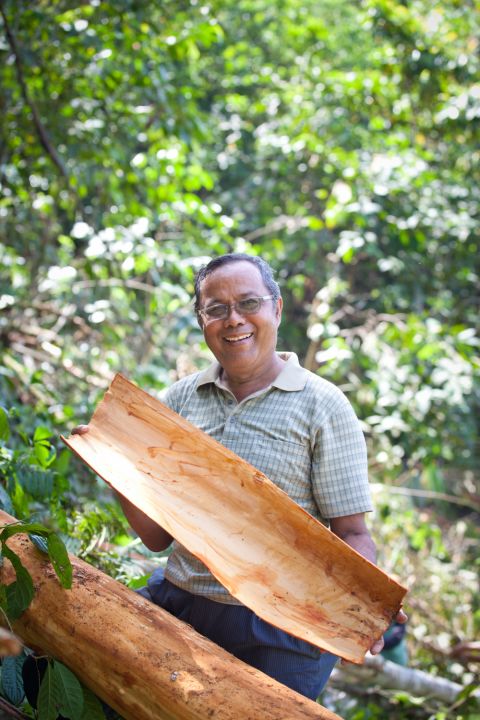
Sumatra’s forbidding Cinnamon Mountain is redolent of one of the great historical tales about this highly-prized spice. Through the time of Columbus’ first voyages, Europeans had no idea where the cinnamon beloved by their elites, and coveted by the masses, was actually grown. Columbus himself was intent on finding a supply of cinnamon in the New World. For centuries Middle Eastern traders concealed the location of cinnamon groves by telling fantastic stories. A favorite was that cinnamon was transported over great distances from exotic lands by giant birds, who would use the sticks to build their nests on unscalable summits.
In these tales, the traders were always clever enough to trick the birds into surrendering their sweet homes. The reality for modern-day cinnamon farmers on Sumatra, however, is that sheer physical exertion is an indispensable part of the process. The vertical hike through the rich volcanic soil is only the first step. The bark from each cinnamon tree must be stripped by hand, and carefully gathered into bales for the trip down the mountain path. Later, the bark will be dried and cured in the golden Sumatran sun.
Tjap, or Haji Tjap as he is often called, using a title of respect, is the perfect steward for this land, and the ideal farmer to educate others in the region about the importance of organic cultivation and sustainability. “I learned the cinnamon business from my father,” he told us as he shared delicious fruits in his home. “Eventually I wanted to try setting up my own farmers group, and now I have many who help me peel the bark, harvest the trees and bring the cinnamon to market.”
For the past 16 years, Tjap’s farmers group has also had a partner in Tripper Inc., a company begun by a French family with deep roots in the Indonesian archipelago. Brothers François and Olivier Bernard export local spices to the world, while rewarding organic and sustainable farming. An example of that devotion is a cinnamon nursery the company will soon open that will provide saplings to native farmers, along with training to educate farmers about organic techniques. The program will ensure that every cinnamon tree that is harvested will be replaced by another, allowing the 20-year cycle of seedling to cinnamon stick to continue in perfect ecological balance.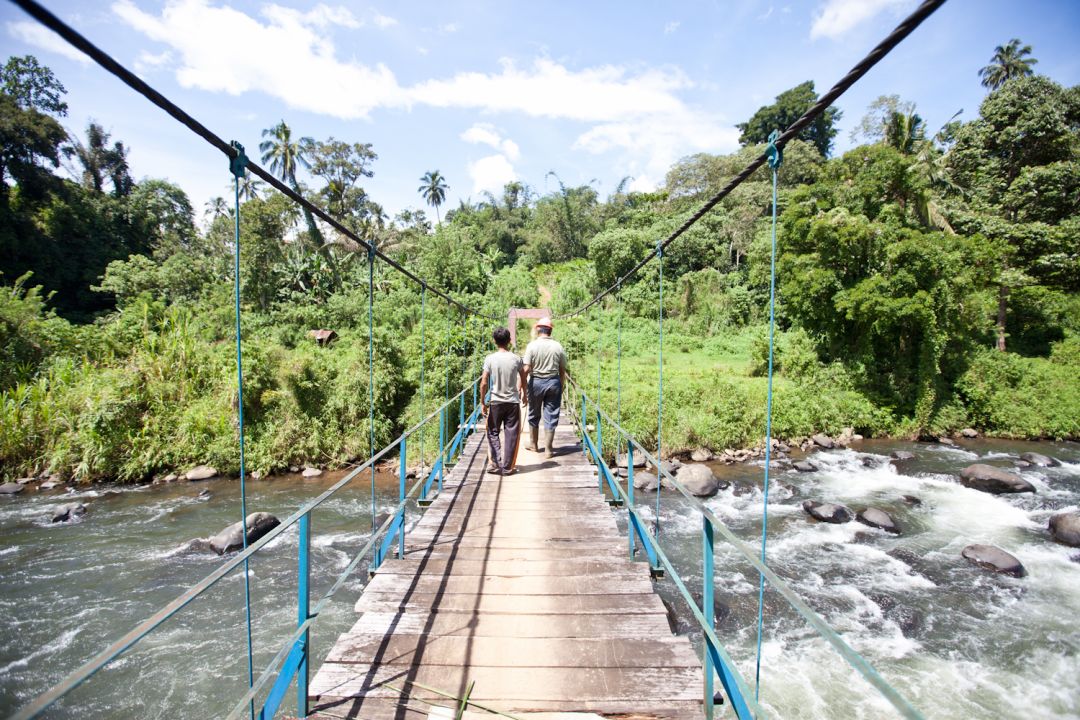
This worthy partnership might never have happened without one of those serendipitous trajectories that recur so often in the story of cinnamon. Looking back, the weather, the road and a single wayward truck all seem to have played their roles perfectly. And yet, one small deflection in the angle of time and circumstance would have changed everything.
The year was 1998, and the Bernard brothers had asked their father to travel to Sumatra in search of a farmer who could supply cinnamon for export. The family had lived in Indonesia when the brothers were young, and the father had accumulated extensive knowledge of this particular spice-rich island.
“I was supposed to find someone capable of transporting harvested cinnamon from Kerinci to Jakarta,” the family patriarch remembers. “On the way back to Padang it was dark and raining; for the last two days I had been looking everywhere to find someone able to take this job, because most of my contacts were either too small or unreliable.
“In one village, a truck was sitting in the middle of the road and all the cars were blocked. After a long wait in the car, I decided to look around by foot for possible cinnamon farmers and their whereabouts. In the pouring rain I walked from shop to shop asking, ‘Anyone in the cinnamon business?’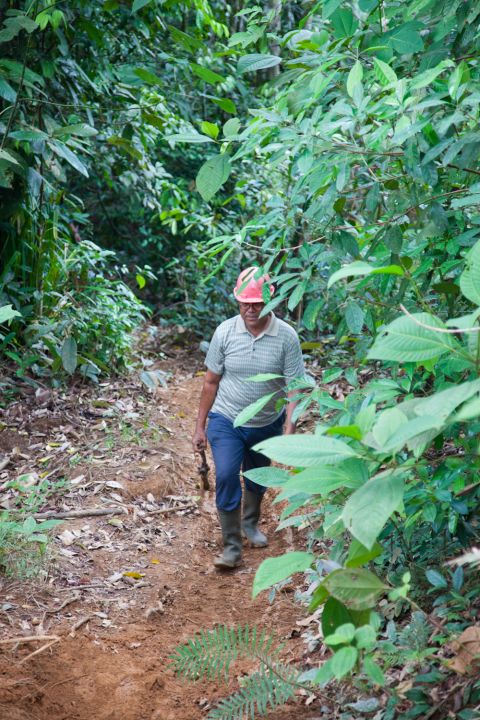
“After one hour, soaking wet, I managed to get two addresses. The first supplier was half mad, but the second one had a nice house and I was invited inside by a woman who told me, ‘My husband is praying, can you please wait?’ She offered me a cup of coffee and her hospitality. This was a good sign.
“When Mr. Haji Tjap arrived, he shook my hand and I had a feeling he was a nice guy, and we decided to meet the next day in Padang. He showed me the cinnamon forest and on the way I mapped out the plantations, the names of the owners and the standing stock. He later showed me his supply storage, next to a patchouli plantation, and a special tractor he had made out of a Toyota Land Cruiser. This tractor machine was used as a timberjack in the mud and on the very steep slopes.
“I decided to rent a room next to his house for a couple days to complete my mapping and ask as many questions as I could.”
Many answers later, the two forged a relationship of respect, a partnership of trust. And suddenly, everything was exactly as it was meant to be. The ships had sailed, the mountain had revealed its secrets, and a world of great breakfasts was born.
— Charlie Dodge
Syafrizal (Tjap) Nurdin passed away in 2016. We are honored to have met him and blessed to tell his story. His wisdom and memory live on in the community of farmers he set up as they carry on the cinnamon farming tradition.


